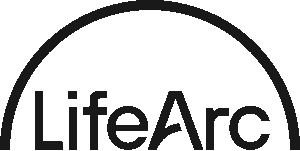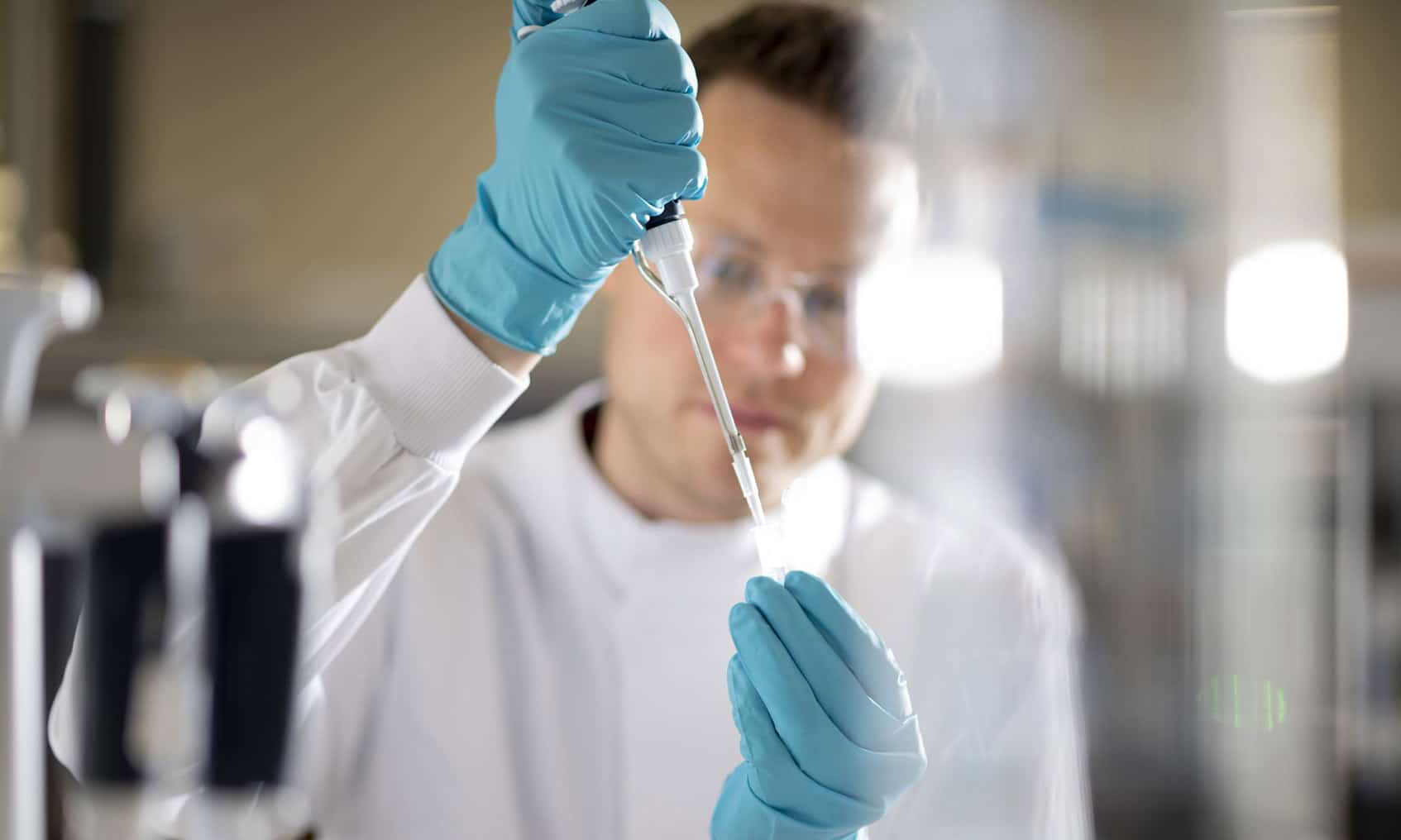While the development of COVID-19 vaccines has garnered much attention, scientists have also been looking at repurposed medicines as an important treatment option.
Supporting research that changed COVID care
One of the most severe consequences of Sars-COV-2 infection is the development of blood clots. These have the potential to cause damage or death by restricting the flow of blood within blood vessels, leading to complications like lung failure, stroke or heart attack.
LifeArc’s COVID funding call, launched in March 2020, attracted more than 130 submissions concerning the repurposing of existing medicines or those in late-stage development. One submission, focused on the challenge of blood clots, received £1m in funding and has led to significant new understanding in the treatment of covid infections.
Anti-coagulant as COVID-19 therapy
This large, multi-centre, randomised control trial was designed to evaluate whether heparin – a widely used inexpensive anticoagulant – could be effective against blood clots in COVID-19 patients. If shown to work, that would make treatment available to patients much faster than developing new medicines.
The research team, led by the University Health Network of Toronto in partnership with the University of Manitoba, was part of the ATTACC (Antithrombotic Therapy to Ameliorate Complications of COVID-19) programme. LifeArc’s involvement helped the programme attract a further £2.1m from other funding bodies.
The programme used three clinical trial platforms in over 300 hospitals across five continents to address different aspects of the same question: could heparin reduce illness and death by preventing blood clot formation in hospitalised patients?
Findings of the ATTACC study
The findings of the study highlighted some important points about treatment. Preliminary results, published in December 2020, showed that heparin was not effective in critically ill COVID-19 patients, and actually appeared to be harmful.i However, in the same trial, full dose heparin in moderately ill COVID-19 patients (i.e. not yet in intensive care) led to noticeably greater benefit compared to standard treatment. The treatment prevented the combined endpoint of death or the development of respiratory failure requiring ventilator support.ii
Full results of the trial, which were published in August 2021 in the New England Journal of Medicine,iii,iv confirm preliminary findings, and have changed clinical guidance for the treatment of COVID-19. This has resulted in improved outcomes for patients presenting at hospital around the world, using an affordable, accessible, and familiar drug.
Researcher Dr Ewan Goligher, Assistant Professor of Medicine, Interdepartmental Division of Critical Care Medicine, University of Toronto and ATTACC study lead explains what LifeArc’s support meant to the team: “LifeArc funding played a fundamentally important role in getting our trial off the ground in a remarkably short period of time and positioned the trial as the definitive platform on which to answer the question.
“This positioning enabled the partnerships and subsequent funding needed to achieve a definitive answer to one of the most urgent questions in the management of COVID-19.”
This rapid impact on patient treatment is exactly why LifeArc committed £10m to fund clinical trials into repurposing. The success in identifying a potential life-saving intervention in less than 12 months is a tribute to the collaboration of hospitals, researchers, patients and funding organisations around the world.
- Zarychanski R, 2020 Therapeutic Anticoagulation in Critically Ill Patients with Covid-19 – Preliminary Report Accessed August 2021
- Full-dose blood thinners decreased need for life support and improved outcomes in hospitalized COVID-19 patients Available at news.umanitoba.ca Retrieved August 4, 2021
- The ATTACC, ACTIV-4a, and REMAP-CAP Investigators; Therapeutic Anticoagulation with Heparin in Noncritically Ill Patients with Covid-19. New England Journal of Medicine, August 4, 2021 [Online ahead of print]
- The ATTACC, ACTIV-4a, and REMAP-CAP Investigators; Therapeutic Anticoagulation with Heparin in Noncritically Ill Patients with Covid-19. New England Journal of Medicine, August 4, 2021 [Online ahead of print]

